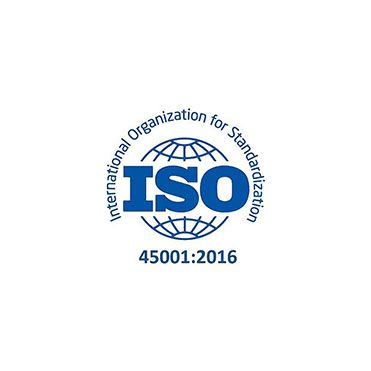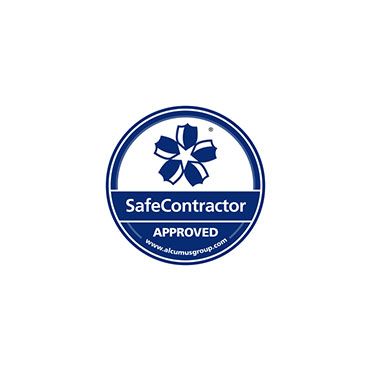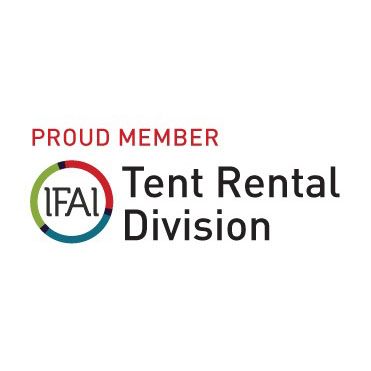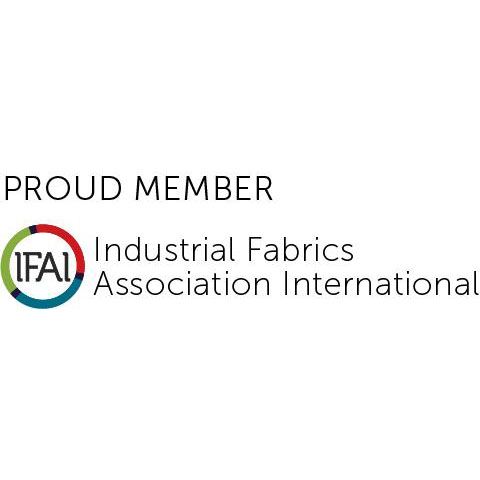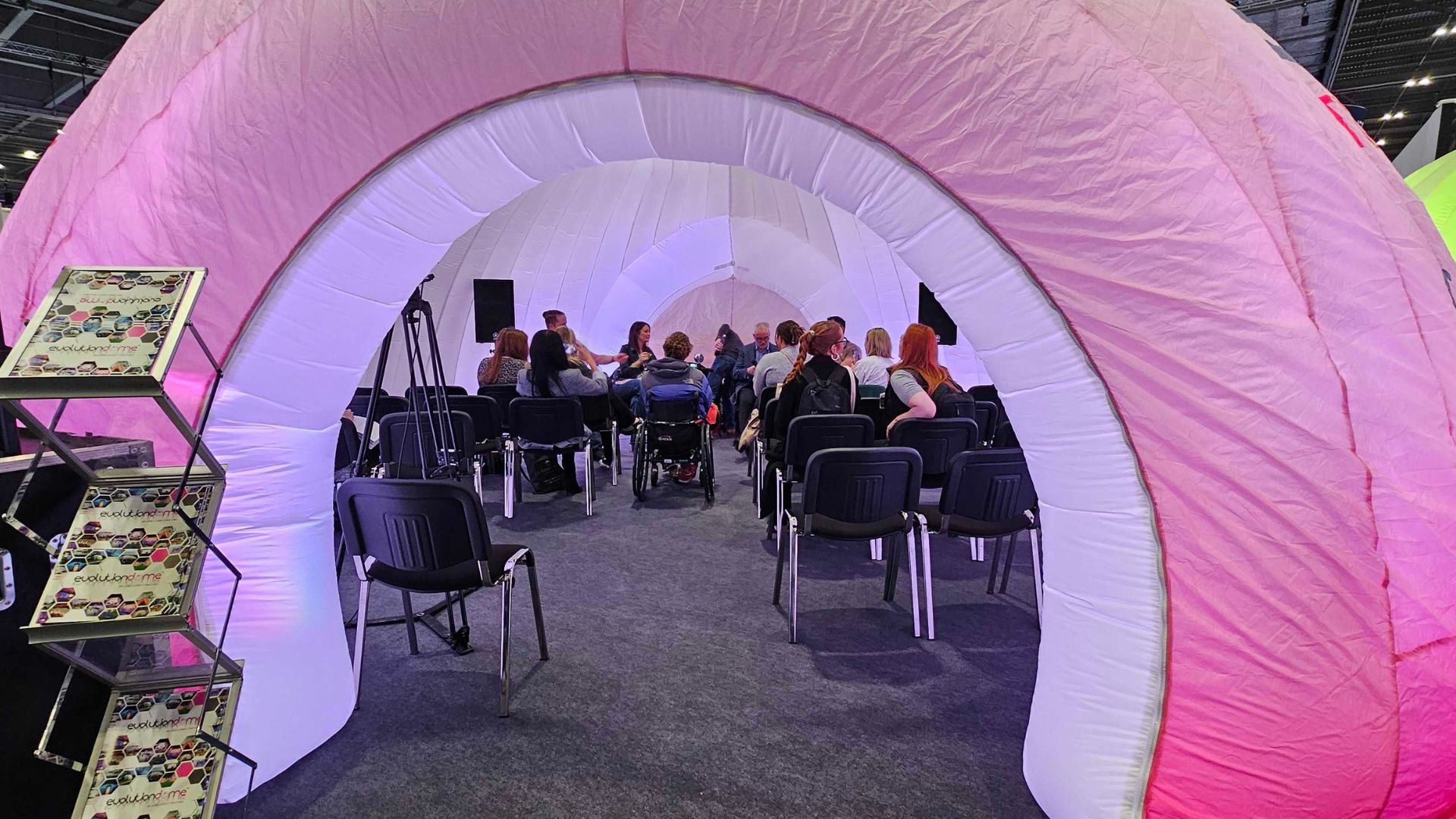
Exploring the Future of Event Production: Key Takeaways from International Confex 2024
International Confex 2024 saw thousands of professionals from the events industry come together to explore how to create unforgettable experiences for attendees. Our director, Ash Austin, reflects on the show and shares his key takeaways.
When thinking back to editions of International Confex, 2024 was the busiest edition of the show I have seen since its return after the COVID-19 pandemic. With the high turnout came an almost electric feeling in the crowd. I think exhibitors were a lot more comfortable bringing a creative flair to their stands and as a result, attendees were more excited to get involved.
We also tried something new for 2024! With the help of Matt Coyne of Waves Connects, we hosted a series of panel discussions to discuss several hot topics facing the supplier side of the industry!
Day One – How to fit a square peg in a round hole
On day one, we discussed the challenges when it comes to choosing the right venue for events and how sometimes it can feel like trying to squeeze a square peg into a round hole when space is limited. I had the pleasure of being joined by AMP Events, Adam Parry, Chris Hartley from Hartley Consulting & Events and Lucy Nicholls, CEO & Creative Director at The PS Events Group.
The biggest theme throughout the session was the importance of communication. One of my biggest pieces of advice to organisers has always been to ‘engage with your suppliers as soon as you can’, but from listening to the panellists, it goes a lot deeper than that.
Adam highlighted a need to communicate clearly; after all, this is your event. You should never be afraid to pursue the experience you want. However, to get the most out of what you pay for, you need to be engaging with the venue to understand their gaps, needs, challenges and strengths – while communicating your own. There are many factors out of the venue’s control, but by communicating clearly you gain a better understanding of how you and your suppliers will fit into the space.
It was a notion that carried through the rest of the panel.
I found the concept especially true when listening to Lucy. Her theatre background and extensive experience have created a perspective I’d love to see more of in the industry! When she steps into an empty event space, instead of seeing the restrictions she treats it as a blank canvas, which can be just as exciting as a venue that is bizarre and unique. It’s an experience-first mentality, which goes a long way in making events that resonate with attendees – but success depends on organisers and venues working as a team.
Chris echoed Lucy and Adam’s sentiments from both a commercial and venue perspective. Corporate event organisers can sometimes feel intimidated by blank spaces and don’t always know where to turn. He encouraged organisers to challenge the venue for support. Venues often have preferred suppliers or contacts they may be able to call on to help you. Venues want you to succeed; a successful event is good for business.
My conclusion? You can technically force a square peg into a round hole but events are more fun when you throw the rulebook out.
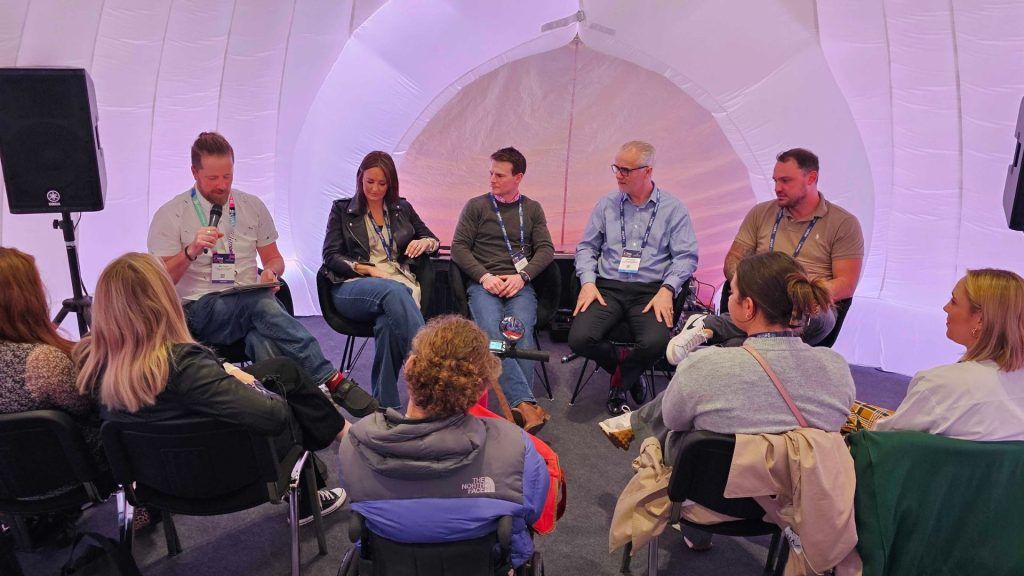
Day 2 – Sustainable Event Essentials
Sustainability is a high priority in the minds of the event industry but no two event journeys are the same. For day two, we explored the event sustainability with ESSA’s Andrew Harrison, Sommer Event Flooring’s David Kemp, RAI Amsterdam’s Mathys Taekema and Event Sustainability Live‘s Co-founder Adam Parry.
One statement from the panel that stood out to me was “Change one thing at a time.” I think as individuals and an industry, it can be easy to fixate on the bigger picture and become overwhelmed by the amount of change needed to make an impact.
RAI Amsterdam has been taking a hands-on approach to reducing the venue hospitality’s carbon footprint. With the number of people in attendance daily, it sounds like a giant task but Mathys explained that they have broken their efforts into four categories to create clearer objectives:
- “Focus on minimising impact”
- “Smart logistics”
- “Linear over circular”
- “Putting people first”
This change in perspective helped them find solutions that don’t interfere with the attendee experience, from creating reusable melamine bowls to small changes in language choice to nudge attendees towards making the most eco-conscious choices. While changes like this are small in isolation, combined they allowed RAI to reduce waste by thousands of tons.

But how can the wider industry carry this concept into practice?
In David’s perspective, information from suppliers can be lacking at times which can make it hard to identify what’s productive, what’s misguided but well-intentioned, and what’s just marketing. Education, passion and collaboration are key to progress. Organisers need to be willing to ask difficult questions and suppliers need to be open and provide realistic expectations.
Andrew noted that, as an industry, we don’t have a universal measurement system – and that gap has put a lot of pressure on suppliers. But it’s important to remember, we don’t have to get it right all at once. One way he hopes to move the industry in the right direction is by encouraging accreditation. It may not be universal but it gives suppliers resources to learn while making it easier for organisers to see results.
To bring the panel together, Adam encouraged fellow organisers to not only look at themselves when planning events. Organisers have the option of choosing venues and suppliers whose sustainability efforts align with their own. Event Sustainability Live’s move to ExCeL London brought more factors to consider when planning the event. However, being able to collaborate with the venue and a larger supply chain helped him make more informed and more sustainable decisions.
The conversation got me thinking about what’s next for Evolution Dome. We have made a great deal of progress over the last few years but there is always more to be done. For us, the next step is exploring ways of measuring our impact on events.
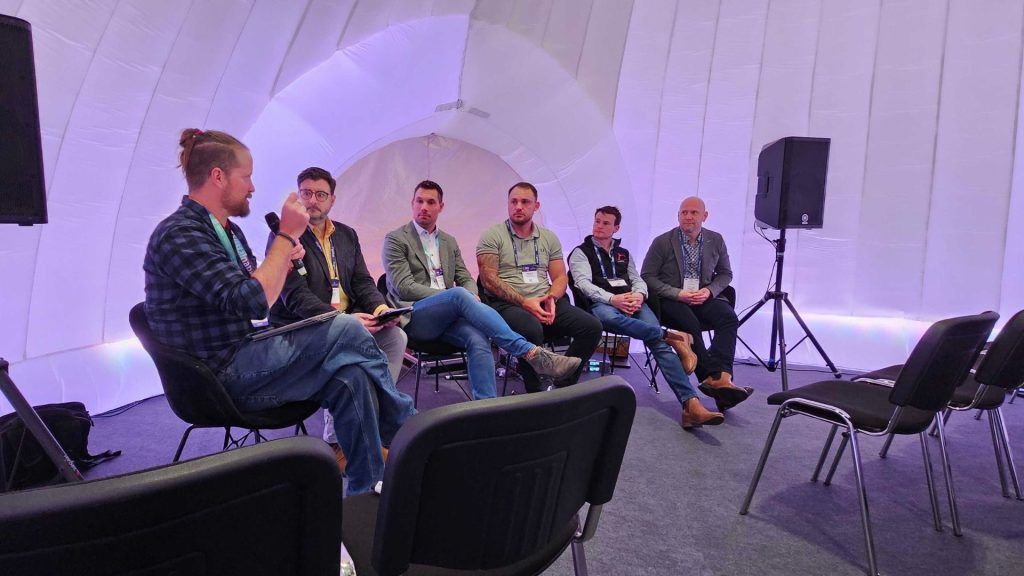
Conclusion
While the panel discussions may have seemed worlds apart, I felt they highlighted a crucial element to event success – clear communication between organisers and suppliers. As a community, we can create events that not only meet but exceed the expectations of attendees while also making a positive impact.


